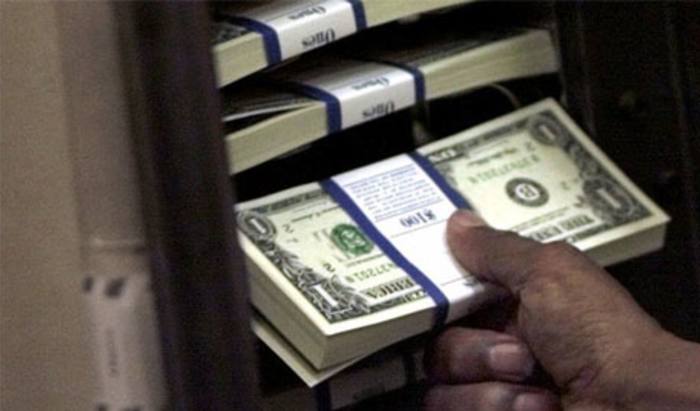Introduction
The Chinese market turmoil and devaluation of the renminbi in August has sparked interest in a sometimes overlooked investment strategy – but the extent to which China’s currency matters is up for debate.
Peter Sengelmann, senior portfolio manager, emerging market and Asian debt at NN Investment Partners, notes the yuan fell by 1.9 per cent against the US dollar on August 11, a move that seemed “benign”, yet markets reacted dramatically.
He explains: “Critics have long alleged that China has manipulated its currency to keep it artificially cheap. For much of the past year, the yuan has held firm against the surging US dollar, while other Asian currencies have fallen by as much as 8 per cent in the year to end July. The result has been a de facto peg of about 6.2 yuan per dollar over the last four months. The reform announced on August 11 changed these dynamics.”
The move effectively freed the currency to allow it to trade close to a market-determined rate, with the potential for near-term currency weakness. Fears of a further devaluation as the new rate came into force led to the yuan slipping roughly 3 per cent against the US dollar in two days. But Mr Sengelmann notes the central bank prevented it falling too sharply by ensuring state-owned banks sold dollars and bought yuan to stabilise the currency.
However, it’s not just China that is generating currency interest. Paul Lambert, head of currency at Insight Investment, says: “What’s happening in the currency market is really just a reflection of some of the significant global themes that are playing out in the world.”
He highlights factors such as the move in commodity prices as a result of rising supply and falling demand, which is leading to a “big turnaround in currencies that are floating such as the Australian dollar, Canadian dollar, New Zealand dollar or Brazilian real”.
One of the biggest themes, however, is the strength of the US dollar.
“You’ve had a strong dollar because you’ve had a weak number of other currencies,” notes Mr Lambert. “It’s not that the dollar has been strong, it’s that a number of other currencies have been weak.”
But looking ahead the impact of any US interest rate rise on the currency is of concern for some, as when interest rates have gone up the dollar has actually weakened on some occasions in the past. So will it be the same this time round?
Not “necessarily”, says Mr Lambert. “The narrative is the Fed [Federal Reserve] will raise rates and the dollar will go up. So you have to think more about in what circumstances will the dollar go up if the Fed raises rates?
“My view is that the dollar will probably go up if the Fed raises rates, but the reason why this time and not in others is that previously when the Fed raised rates, it was in a secular dollar downtrend. Things were happening in the world or US that were quite bad for the dollar. Now there are lots of things that are quite good for the dollar, such as commodity prices or quantitative easing [elsewhere].”
Nyree Stewart is features editor of Investment Adviser






